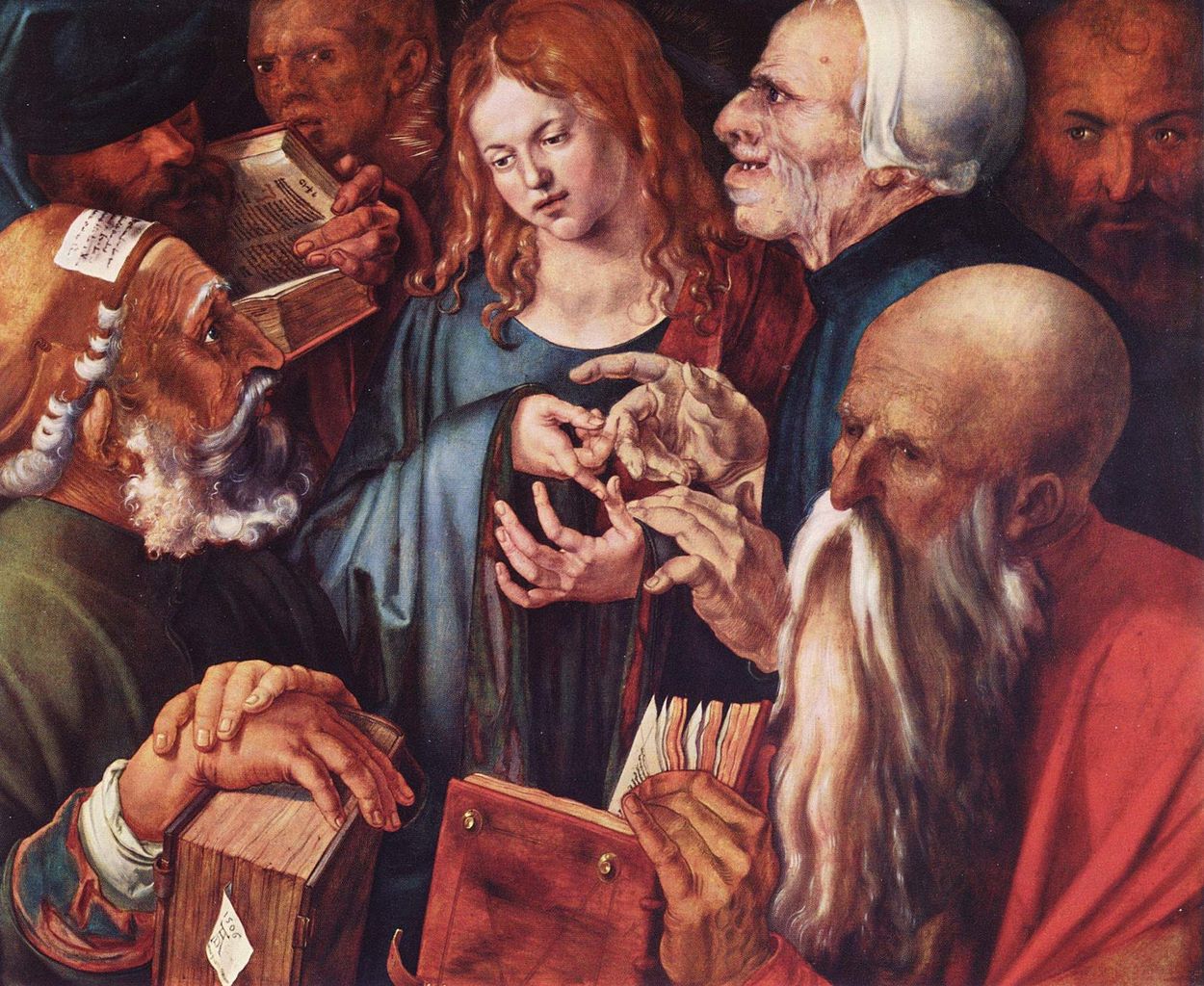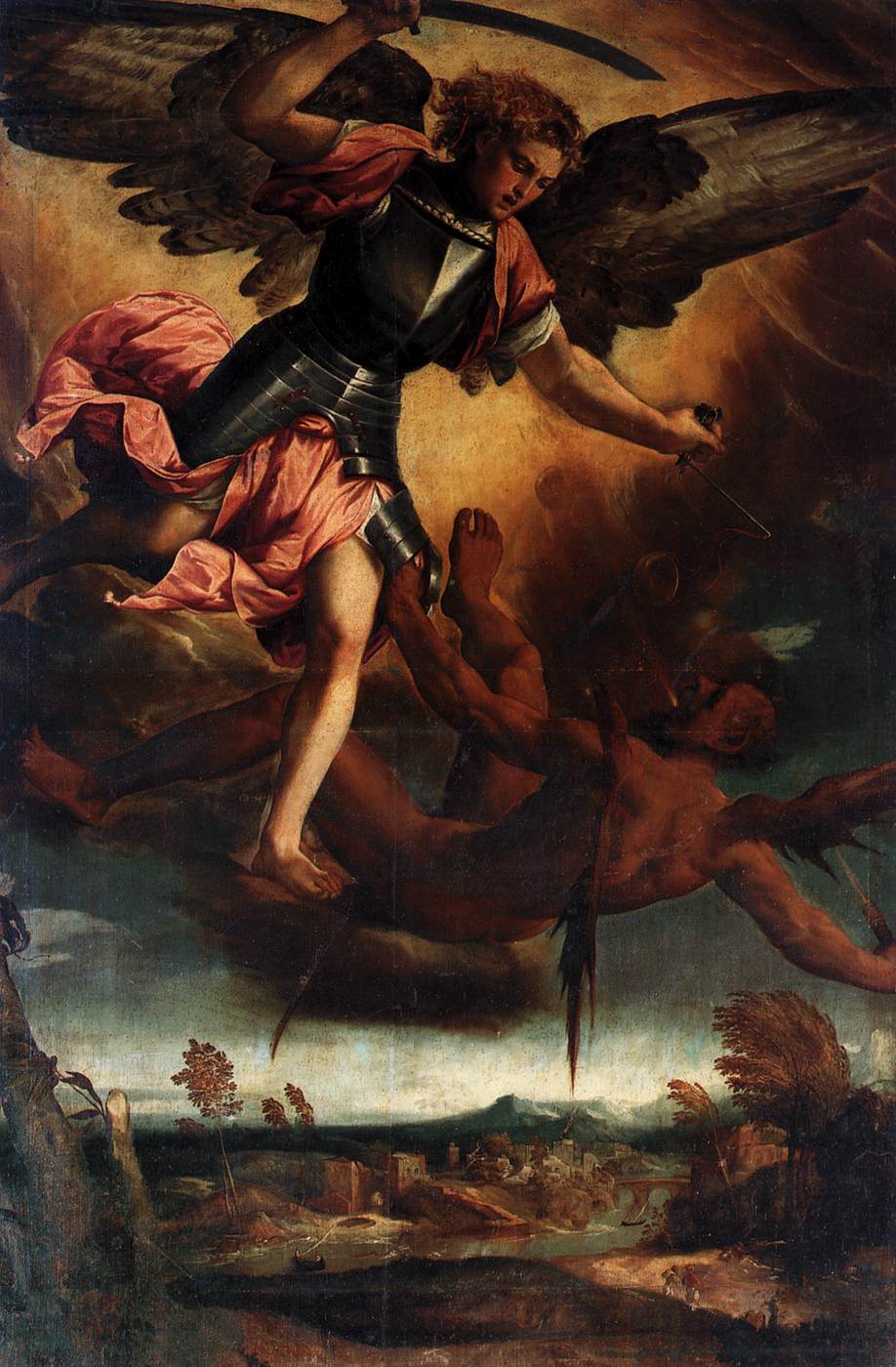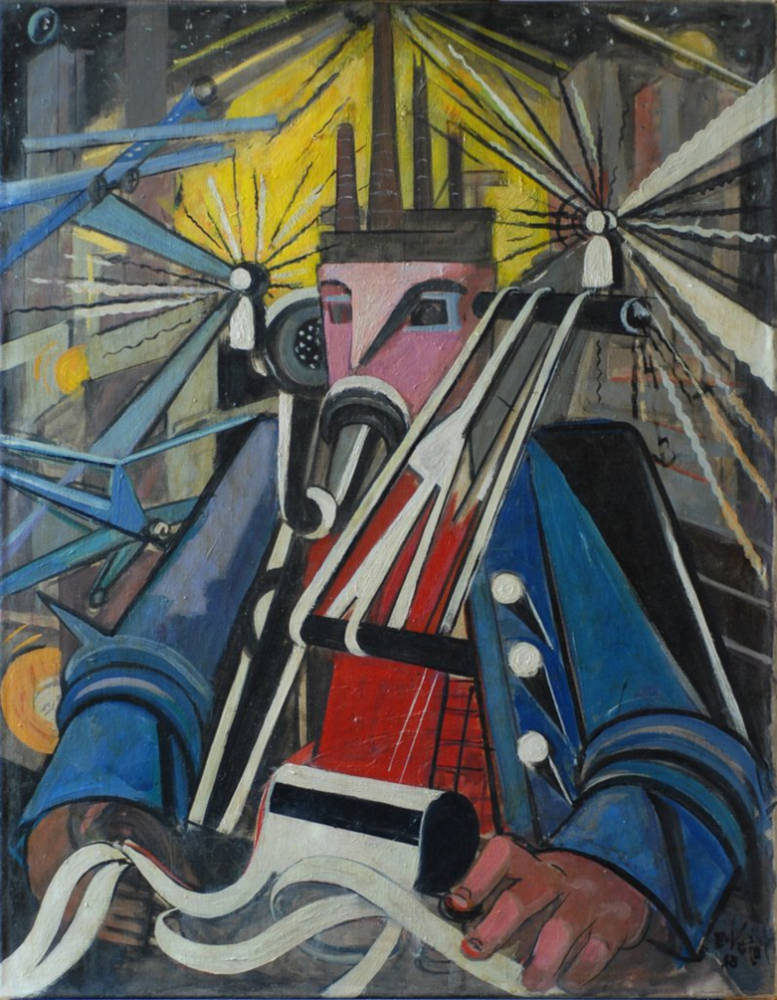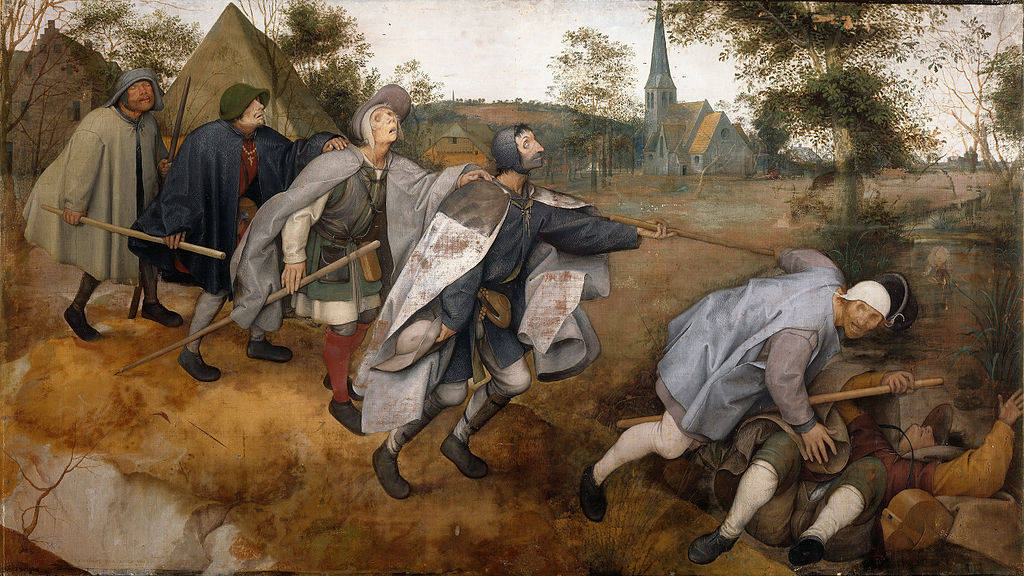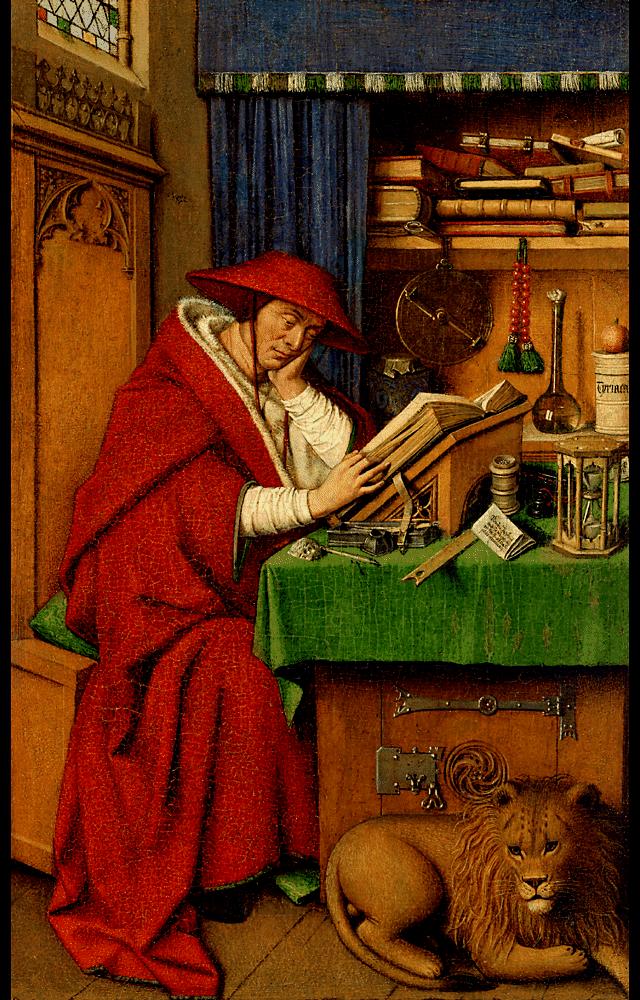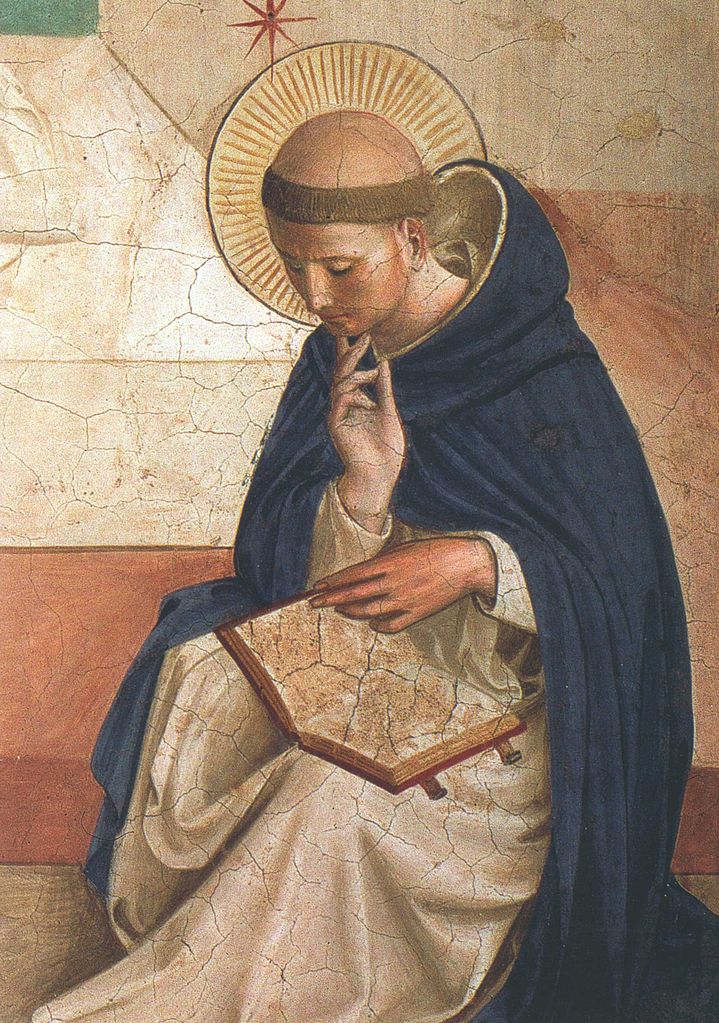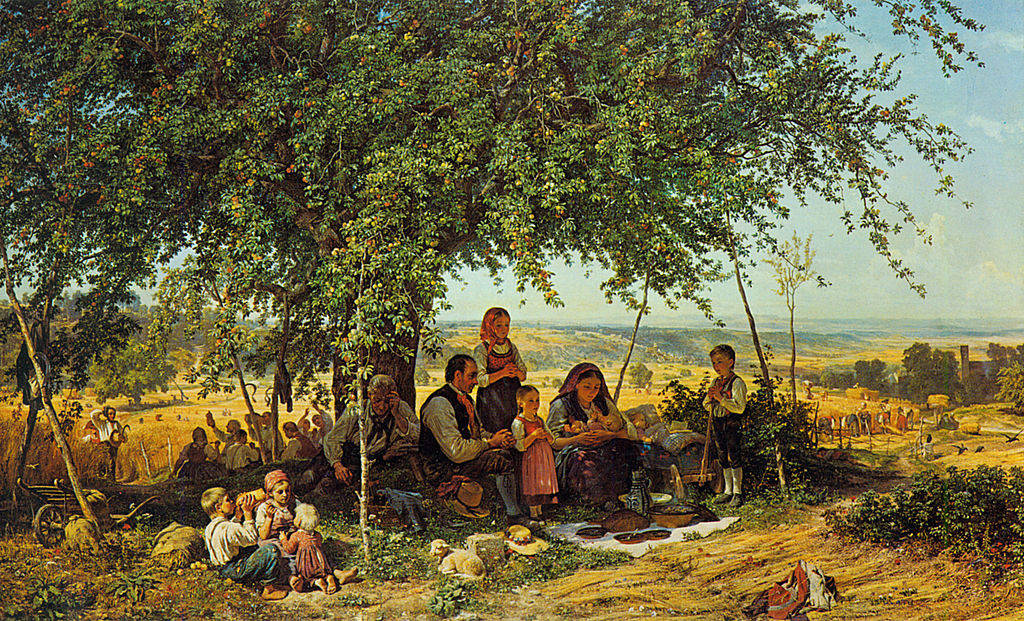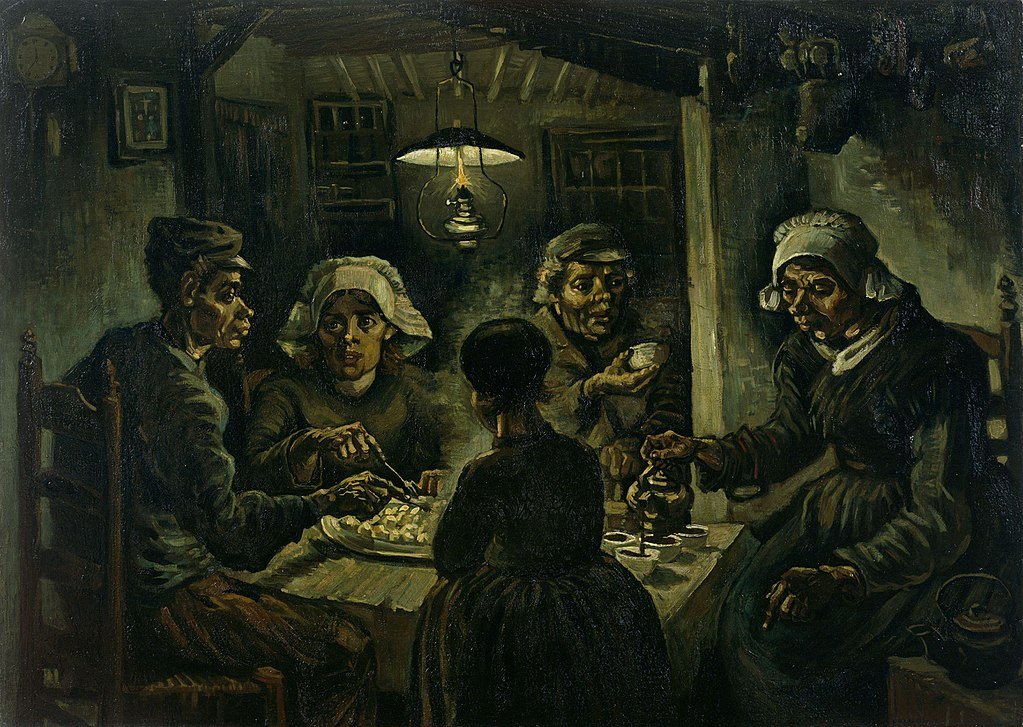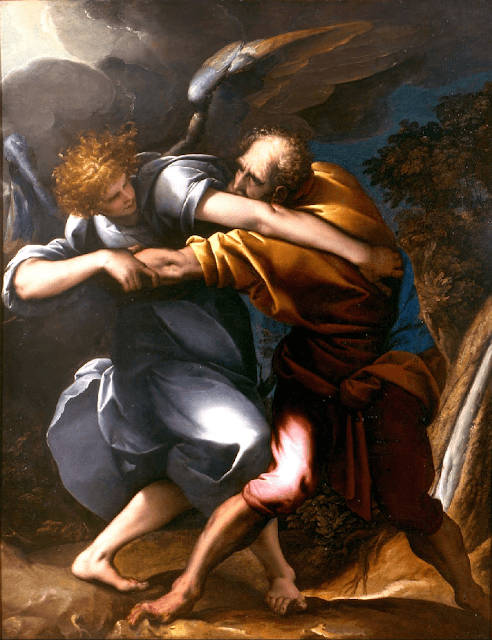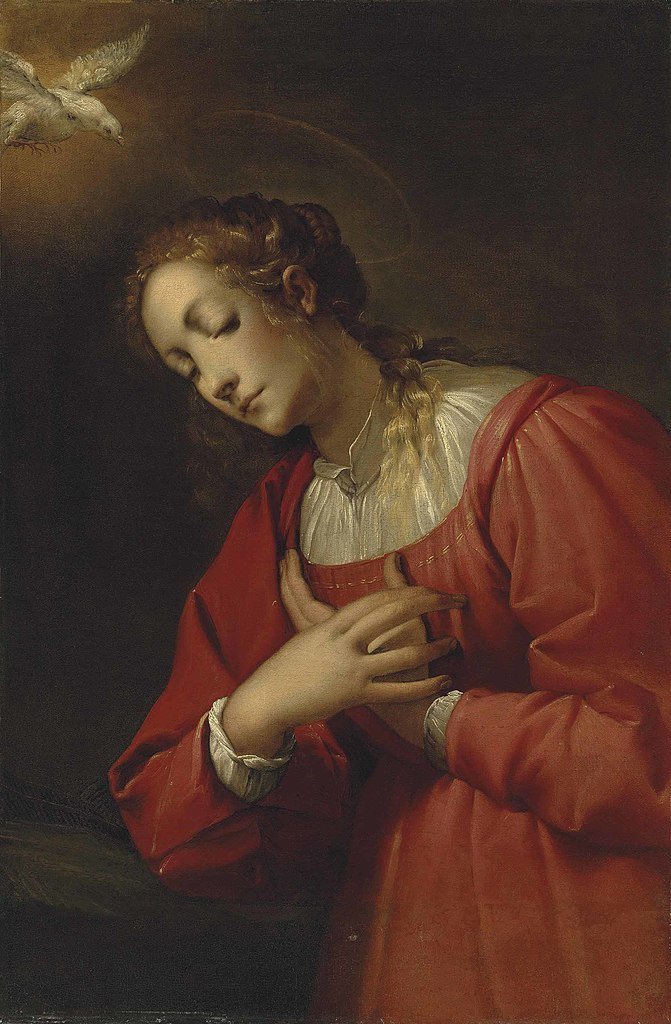I have heard it said, numerous times, that Orthodox Christianity “does not do” systematic theology. Having done my graduate studies in systematic theology, I occasionally bristle at the comment, particularly when those making it have never actually studied the subject. It is true that Orthodoxy does not do “systematic” theology, as such, but the statement can be quite misleading, implying that there’s no place for systematics in Orthodoxy and that studying it is a waste of time (and un-Orthodox). So, here is a small tutorial in the topic.
The assumption behind systematic theology is that the universe is actually a “uni-verse” – that is, it has a unity throughout. The laws of physics that apply in this corner of the universe are the same laws that apply everywhere else. This also means that if you find laws elsewhere that contradict the laws you understand to apply where you are, then you need to re-examine your understanding. You do not have the complete story on your present circumstance.
In science, if you come across a new species of tree, you can study it to see what makes it unique. However, you will also assume that, since it is a tree, it will share most of the characteristics of other trees. If it doesn’t, either it isn’t a tree, or our understanding of trees needs to be revised.
This consistency and stability across creation is what is meant by “system” in “systematic theology.” If, for example, I say that “God is good,” and then something comes along that would seem to contradict that, then something about the statement “God is good” needs to be revised. Or, perhaps, I am misunderstanding the contradiction. What is “systematic” in such an approach is a reasonable expectation that a statement made in one place will not be contradicted in another. So, when reading a “systematic theology,” consistency and cogency are important measurements.
When I was studying systematics, one of our seminars required us to read about a dozen different, so-called, systematic theologies, from across a very broad spectrum. I recall someone presenting a paper on the doctrine of God in the writings of the radical feminist Catholic, Rosemary Radford Ruether. When the student finished reading the paper, there was a dead, stunned silence in the room. Finally, a sheepish voice piped up, “Isn’t that the Force in Star Wars?” We broke out in laughter because it was precisely what she had articulated. It might make for interesting reading, but it certainly could not be called “Christian.”
Orthodox theology is not studied or written in the manner of Protestant systematics. Orthodox thought is largely what has been traditioned and is drawn from the Fathers and our liturgical life. Protestant theology is often more ideologically driven, departing from and dismissing major portions of tradition. They are simply not the same thing. But, having said that, Orthodox thought is not devoid of system. Thinking carefully about that is, I think, worthwhile.
The first eight centuries in the life of the Church were a time when doctrine and theology were being expressed and argued in a manner that has not been repeated since. I do not think it is correct to describe the process as a “development of doctrine.” However, there was a very careful development of vocabulary. And, in that vocabulary, we can see something of a “system” being articulated.
When the First Council of Nicaea met, the greater debate centered on the use of the word “homoousios” (“one essence” or “one being”). The word did not meet with instant acceptance because it had once been a term favored by the heretic Paul of Samosata who used it to teach a form of “modalism.” The debate raged through the remainder of the century with councils and counter-councils and imperial interference and endless rangling. The work of the Cappadocians (St. Basil the Great, his brother, St. Gregory of Nyssa, and his friend, St. Gregory the Theologian) succeeded in defining and refining terminology such that a consensus prevailed in the Second Ecumenical Council (Constantinople I). It gave us the Creed in its present form. What they gave us, more importantly, was a growing consensus on vocabulary.
Slowly, as the centuries moved along, the common vocabulary of dogma found expression in the public teaching of the Church. This meant that words such as, “being,” “person,” “nature,” “energy,” “will,” etc., meant the same thing whenever they were used. Thus, when speaking of “person,” or “hypostasis,” the word came to mean the same thing whether it was referring to the persons of the Holy Trinity or human persons. All of that might seem easy now, or even obvious, but it was not so when all of those conversations began.
It is surprising for some to realize that St. Athanasius, who first introduced the term “homoousios,” might have had a slightly different understanding of the term than it came to have later in the century when it was reaffirmed at the Second Council. To see that requires a much deeper and more careful study of Patristic thought than is commonly done. The development of vocabulary, for example, is the reason why St. Cyril of Alexandria is given a pass for using the term “nature” (“physis”) in a manner that would later be described by the term “person” (“hypostasis”). The refusal to accept a developing and changing vocabulary in this instance resulted in the schism with the so-called “Monophysites,” who probably would be more accurately described as “Cyril-ites.” The “system” that was found in working out common meaning for technical terms required an agreement that clearly failed in the case of that early schism. Language matters.
All of this came to my mind recently during a social media conversation regarding atonement theory. The doctrine of the Penal Substitutionary Atonement (that Jesus was punished for our sins to appease the wrath of the Father) was the topic. I have been quite critical of the theory and was being taken to task with examples of the use of “punishment” and “substitution” found, on occasion, in the writings of the Fathers. Perhaps I overstate the case when I say that I do not find it to be “Orthodox.” I will clarify.
What I find is that it is a theory expressed in terms, images, and language that seem to fall outside the vocabulary that I have generally seen to be normative in Orthodox writings (including those of the Fathers). When reading St. Gregory of Nyssa, for example, it is quite common to hear the problem of sin described in terms of “being” and “non-being,” rendered as “life” and “death.” Something of the same can be seen in St. Athanasius’ De Incarnatione. This pattern and vocabulary can be found throughout the Cappadocians, perhaps because they seem to be particularly attentive to language and consistency.
I have found a consistent vocabulary and use of imagery in the theme of life/death, being/non-being, communion/disintegration, etc., in thinking about how it is and what it means when we sin, and how it is and what it means that we are saved. It is possible to describe and think about these things in a consistent manner, such that when we speak of Christ’s incarnation, of our bondage in sin and death, His death on the Cross and His resurrection, as well as the sacraments of Baptism into His death and resurrection, and the Eucharist as communion in His Body and Blood, and so forth, a common vocabulary and understanding unite them all. For myself, this consistency has been common to my treatment of the atonement across the board.
Though it is possible to find isolated uses of penal imagery in the early Fathers, it nowhere seems to rise to the level of a common vocabulary extending throughout their work, much less becoming the basis for how we speak about asceticism, spirituality, or, the doctrine of God. Thus, when I describe it as being “not Orthodox,” I mean that it sounds “out of tune.”
The imagery of music, of a symphony, is quite apt when thinking about the whole of theology. There are many instruments in a symphony, each with varying shades of tonality and range of pitch. First, all instruments have to be “in tune,” so that what is “A-440” for one is the same for all. Second, comes the music itself. It is written in a single key (I’m sure that somebody has written a modern symphony with instruments playing in different keys – though, if it is taken far enough, we pass from music to pure noise). If you’re playing Beethoven’s 5th (which is written in C minor), and, fifteen measures into the performance the brass sections begin to play in E flat major, the result could be quite interesting, but less pleasant, and perhaps disastrous.
This, for me, is something of the effect of hearing an Orthodox priest teaching the atonement in the key of penal substitution. I feel as though Calvinists have stormed the auditorium and taken over some section of the orchestra. It can be defended by citing some place or other where such imagery was used on occasion. But the overall result is quite jarring, often creates confusion, and risks becoming a disaster. It can be done – but should you want to?
Orthodoxy has a two-thousand year history. It’s history does not begin in the mind of a systematic theologian. As such, we cannot describe it as “systematic theology.” But, if you listen carefully to the music of theology over those many centuries, certain themes sound clearly, while others seem to appear, and, just as suddenly, disappear. Music is not engineering. For me, it makes music a better analogy for theology.
I suspect that among my failings (if it be such) is a love for a symphony in a single key (with proper modulations and relative key changes). If it is possible to write and teach theology with a consistency that allows the whole thing to be seen for its unity, then I think it produces a better result. This same tendency, I think, was present in the Cappadocians, and has recurred in other major figures such as St. Maximus. It is why they sound so much alike, in general, and while none of them sound like Calvin.
But this is music, and I well appreciate that others might see this (hear this) in a different manner.
Father Stephen is a priest of the Orthodox Church in America, Pastor Emeritus of St. Anne Orthodox Church in Oak Ridge, Tennessee. He is also author of Everywhere Present and the Glory to God podcast series.
The featured image shows, “Christ among the Doctors,” by Albrecht Dürer, painted in 1506.
